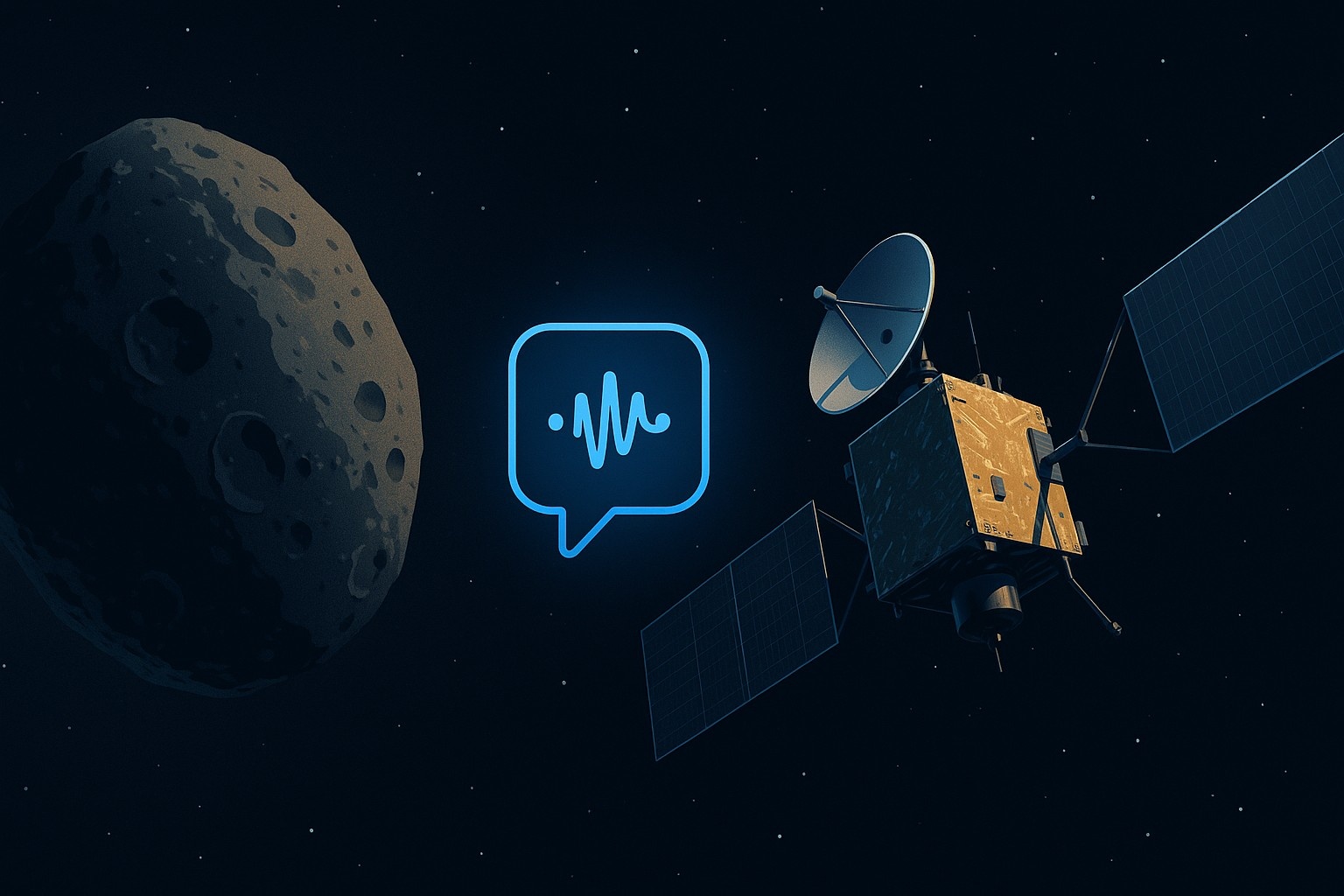NASA’s Gateway Lunar Space Station May Be Canceled: What the White House Budget Proposal Means for Space Exploration
In a move that has sent shockwaves through the global space community, the White House’s proposed 2026 federal budget includes a controversial plan to cancel NASA’s Gateway space station — a key component of the agency’s long-term strategy for returning humans to the Moon and eventually reaching Mars.
If approved, this budget would slash NASA’s funding by nearly 24%, cutting it from $24.8 billion to just $18.8 billion. For a nation historically seen as the vanguard of space innovation, this dramatic reduction raises deep concerns about the future of U.S. space leadership.
So what exactly is the Gateway project? Why does the proposed cancellation matter? And how are the space industry, international partners, and scientists reacting to this potential shift in direction?
Let’s break it down in plain language.
What Is NASA’s Gateway Space Station?
The Lunar Gateway, often just called “Gateway,” is a planned small space station that would orbit the Moon. It’s a central part of NASA’s Artemis program, which aims to land the next astronauts on the lunar surface — including the first woman and the first person of color — and build a sustainable human presence around the Moon.
Unlike the International Space Station (ISS), which orbits Earth, the Gateway would orbit the Moon and serve as:
- A staging point for future lunar landings
- A platform for deep-space science experiments
- A critical hub for future Mars missions
It’s designed to be modular, meaning new parts could be added over time, and it’s being built in collaboration with key international partners — including the European Space Agency (ESA), Japan’s JAXA, and Canada’s CSA.
What the Proposed Budget Says
The White House’s proposed budget for fiscal year 2026 would:
- Terminate funding for the Gateway space station
- End development of the Space Launch System (SLS) and Orion spacecraft after Artemis III
- Shift focus from government-funded space exploration to private and commercial partners
These proposals are part of a wider plan to reduce spending and promote cost-efficiency in space projects. However, critics argue the cuts are so deep that they threaten the core of U.S. space exploration efforts.
Why This Matters: 5 Big Implications
-
Loss of a Moon-to-Mars Bridge
The Gateway was meant to act as the bridge between lunar exploration and deeper space missions, particularly missions to Mars. Without Gateway, NASA loses:
- A safe harbor for astronauts
- A testing ground for life-support systems
- A stepping stone for longer-duration missions
-
A Blow to International Collaboration
The Gateway is not just a NASA project — it’s a global partnership. Europe is building modules. Japan is providing cargo logistics. Canada is contributing advanced robotics. If the U.S. backs out now, it could:
- Strain diplomatic and scientific ties
- Damage America’s reputation as a reliable space partner
- Jeopardize international funding and cooperation in future missions
-
Economic and Technological Setbacks
Billions have already been invested in:
- Gateway modules and hardware
- Orion capsule development
- Lunar landing systems and infrastructure
- Wasted taxpayer money
- Thousands of lost jobs in the aerospace sector
- Halted momentum on cutting-edge technologies that were just beginning to mature
-
Opportunity for Commercial Players — But at What Cost?
The White House argues that the future lies with private space companies like SpaceX, Blue Origin, and others. There’s no doubt these companies are making huge advances, but:
- Are they ready to replace NASA-led infrastructure in deep space?
- Can they build a reliable lunar outpost without the same regulatory oversight or collaboration?
- Will they prioritize scientific and exploratory missions over profit?
- U.S. Leadership in Space at Risk Perhaps the biggest concern: America’s role as a global leader in space could diminish significantly. China is aggressively pursuing its own Moon base plans and has already deployed missions to the far side of the Moon and Mars. If the U.S. retreats from projects like Gateway, it creates an opening for rivals to take the lead in the next era of space exploration.
Reactions from the Space Community
The response to the proposed cancellation has been swift and passionate.
NASA scientists and engineers expressed disappointment, with some calling it a "devastating blow" to the Artemis program. Industry analysts worry about massive layoffs and funding loss.
International space agencies have also reacted with caution. The European Space Agency (ESA) has said it will wait for clarity from Congress, while Japan and Canada have voiced concerns about the long-term implications for their own space programs.
Even former astronauts have weighed in — many arguing that Gateway represents the best pathway to sustainable human exploration of space.
Will This Proposal Pass?
The important thing to remember is: this is only a proposal.
The U.S. Congress holds the final say over the federal budget, and space exploration has strong bipartisan support in many areas. While budget cuts are always on the table, fully canceling Gateway may meet resistance from lawmakers who:
- See the program as crucial for national prestige
- Want to support high-tech jobs in their districts
- Believe in the value of scientific discovery and space exploration
Over the next few months, you can expect intense debate in both the House and Senate.
What If Gateway Is Saved?
If lawmakers reject the cancellation and restore Gateway funding, it would send a powerful message:
- That the U.S. is committed to long-term lunar and Mars exploration
- That it values international collaboration
- That space is a national priority, even in the face of budget challenges
It would also allow NASA and its partners to continue testing deep-space technologies critical for survival beyond Earth.
Final Thoughts: A Pivotal Moment for Space Policy
The White House’s proposed budget cuts aren’t just about dollars and cents — they represent a fundamental question about the direction of U.S. space exploration.
Should we prioritize fast, commercial launches? Or invest in long-term infrastructure that enables deep exploration?
Should we scale back our ambitions to save costs? Or double down on the Moon and Mars to lead the next great chapter in human history?
Canceling Gateway would be more than a financial decision — it would be a symbolic retreat from the frontlines of exploration.
For now, all eyes are on Congress.
Will America take a giant leap… or a cautious step back?












